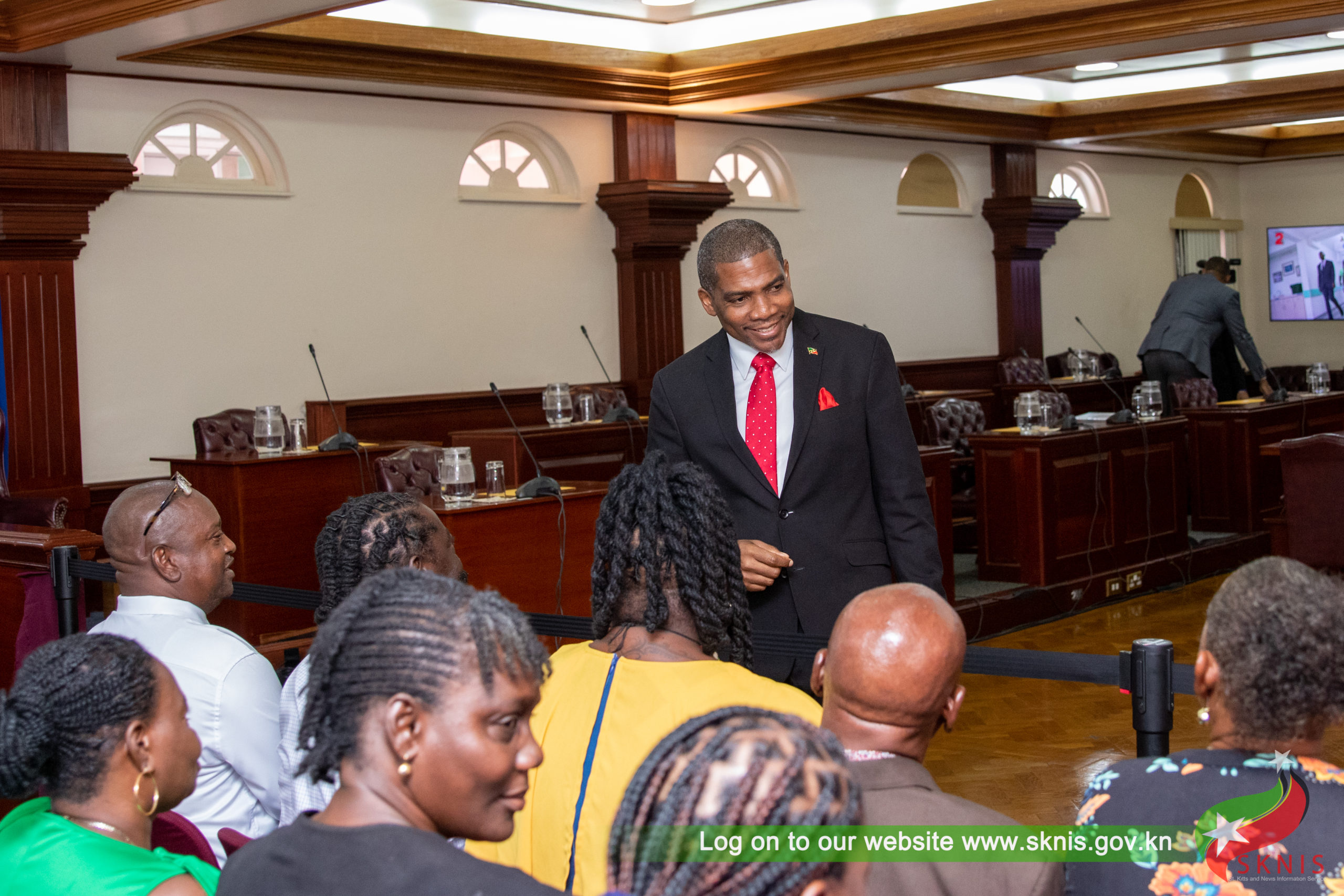Government Auxiliary Employees Granted Contributory Pension Benefits in Historic Reform.
The passage of the Pensions (Amendment) Bill, 2025, in Saint Kitts and Nevis signifies a watershed moment in the nation’s pursuit of social justice and economic equity. This groundbreaking legislation, championed by Prime Minister Dr. Terrance Drew, establishes a comprehensive and sustainable contributory pension system for Government Auxiliary Employees (GAEs) and other public sector workers, effectively rectifying a historical oversight that left many without the security of retirement benefits. The Bill replaces an antiquated, non-contributory system dating back to 1947, which placed an unsustainable burden on the government’s finances while failing to provide adequate retirement security for a significant portion of the workforce. This new system ensures that all eligible employees, including GAEs who were previously excluded, contribute to a pension fund throughout their careers, guaranteeing them fair and predictable benefits upon retirement.
The significance of this legislative reform extends beyond mere financial provision. It represents a profound shift in the nation’s social contract, acknowledging the invaluable contributions of often overlooked workers such as cleaners, office assistants, and crossing guards. Prime Minister Drew emphasized that the Bill is a testament to the government’s recognition of the dignity and value of every worker, ensuring that their dedication to public service is met with corresponding support in their later years. This move reflects a commitment not just to financial security but also to the broader well-being of these individuals, allowing them to retire with dignity and peace of mind, free from the fear of economic hardship.
The previous non-contributory pension system suffered from inherent flaws. Its unpredictable nature made it difficult for workers to plan for their future, and its unequal application created disparities in retirement security. Moreover, the system placed an excessive strain on the government’s budget, hindering its ability to invest in other crucial areas of national development. The new contributory system addresses these shortcomings by establishing a stable and predictable framework that benefits both workers and the government. By requiring contributions from employees, the system ensures its long-term sustainability while simultaneously providing individuals with a tangible stake in their own retirement security.
The implementation of this new pension system aligns seamlessly with the government’s broader vision for a sustainable island state. By promoting financial security for its citizens, the government is laying the foundation for a more resilient and equitable society. This initiative not only addresses the immediate needs of current workers but also establishes a robust framework for future generations, ensuring that the nation’s workforce can retire with confidence and contribute to the continued prosperity of Saint Kitts and Nevis. The Pensions (Amendment) Bill exemplifies the government’s commitment to proactive and responsible governance, demonstrating its dedication to building a more secure and prosperous future for all its citizens.
Beyond its economic implications, the Bill carries significant symbolic weight. It represents a tangible demonstration of the government’s commitment to social justice and inclusivity. By extending pension benefits to previously excluded workers, the government is sending a clear message that every citizen’s contribution is valued and that no one will be left behind in the pursuit of national prosperity. This move fosters a sense of shared responsibility and strengthens the social fabric of the nation, promoting unity and solidarity amongst all its citizens. The Bill is not merely a financial instrument but a powerful statement of the government’s commitment to building a more just and equitable society.
In conclusion, the passage of the Pensions (Amendment) Bill, 2025, marks a pivotal moment in the history of Saint Kitts and Nevis. It signifies a decisive step towards a more equitable and sustainable future, ensuring that all workers, regardless of their position or background, have the opportunity to retire with dignity and security. This landmark legislation not only strengthens the nation’s social safety net but also reinforces the government’s commitment to inclusive development, setting a precedent for other nations seeking to enhance the well-being of their citizens and build a more just and prosperous future for all. The Bill stands as a testament to the transformative power of visionary leadership and a commitment to social justice.
Share this content:












Post Comment